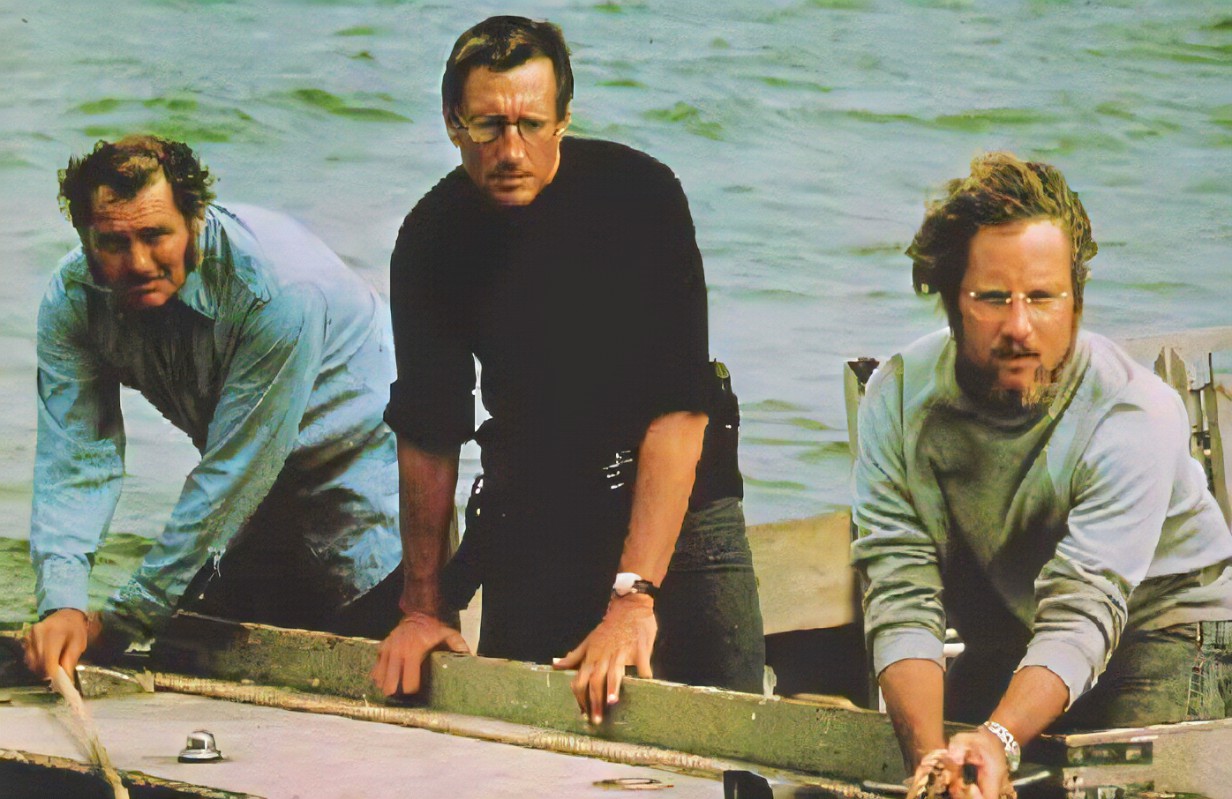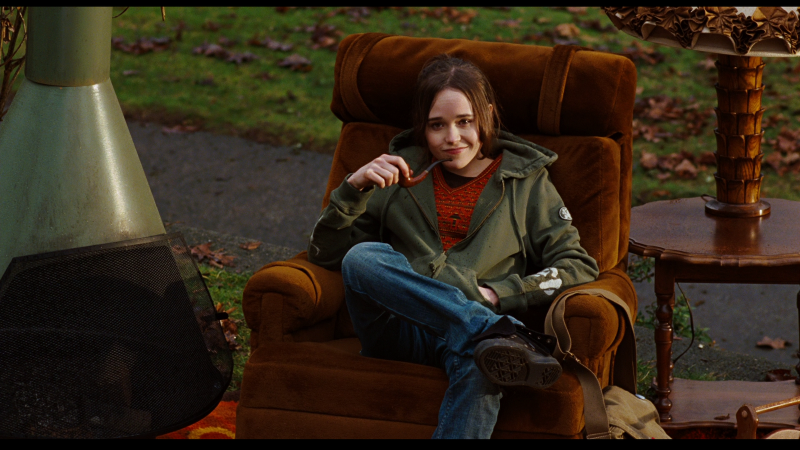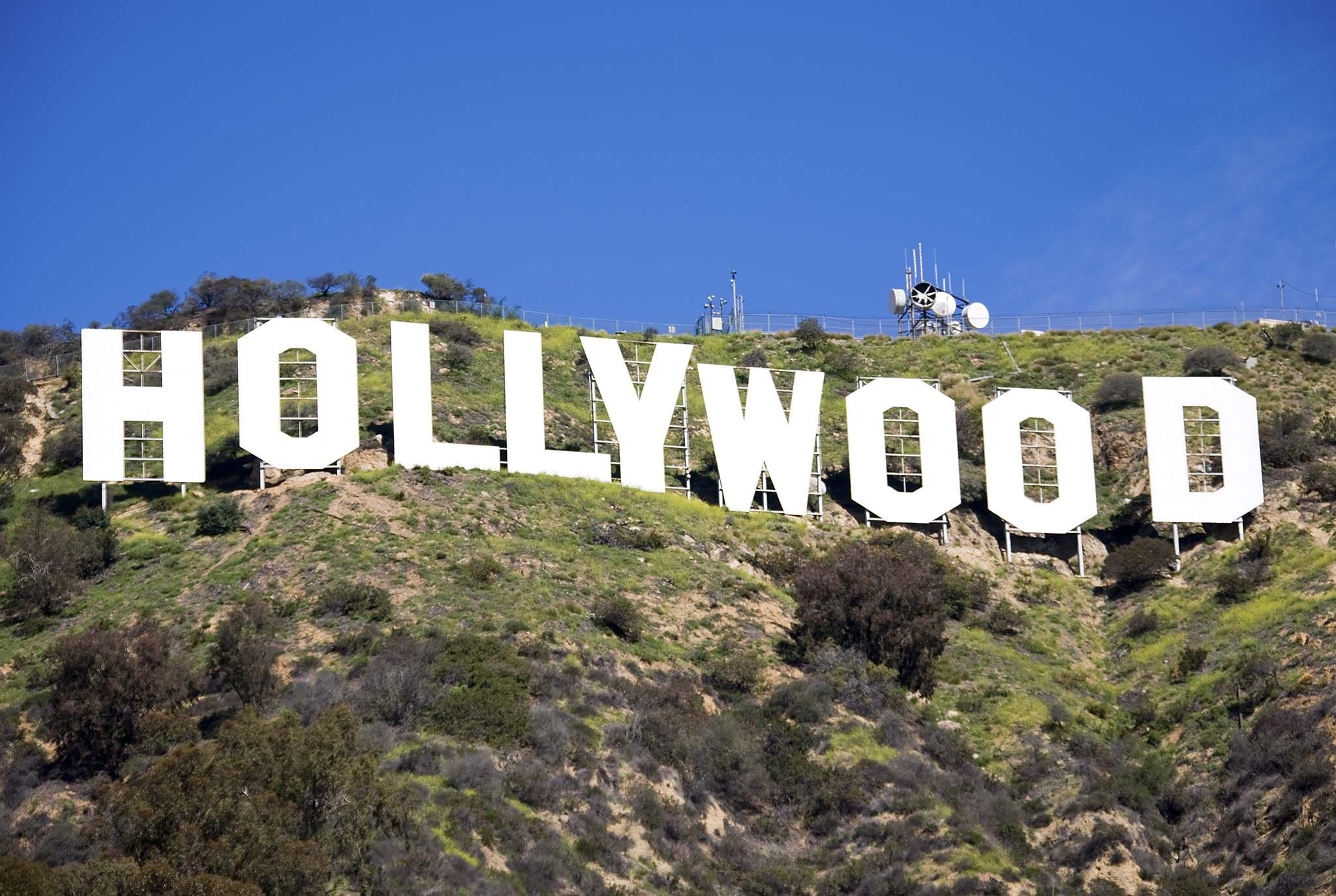
Hollywood! It is a place where dreams are made, stories come to life, and, more often than not, leading actors share a steamy, dramatic, or tender kiss that makes audiences swoon. We have all seen those iconic moments—the rain-soaked embraces, the passionate goodbyes, the kisses that signify a turning point in a character’s journey. But what if we told you that sometimes, those perfect cinematic smooches do not go according to plan? What if one of the stars involved just is not feeling it, or, more surprisingly, flatly refuses to pucker up?
It might sound wild, but it happens more often than you think. From deeply held personal principles to uncomfortable on-set situations, some of the biggest names in the industry have drawn a firm line in the sand when it comes to locking lips on camera. It is a fascinating peek behind the curtain, showing us that even in the world of make-believe, personal boundaries and beliefs can truly take center stage.
So, get ready to dive into some truly captivating tales of actors who decided a kiss was a no-go. We have rounded up some of the most memorable instances where passion levels were not quite as high as the script intended, and the totally reasonable—and sometimes surprising—reasons behind them all. Let us explore these untold stories where “action!” does not quite mean “kiss!”
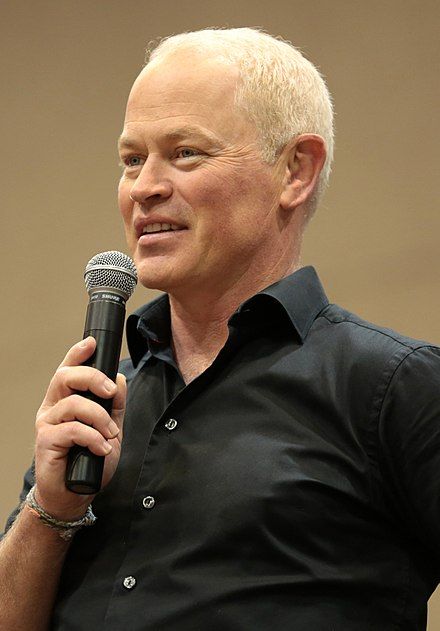
1. **Neal McDonough: Neal McDonough has become a go-to actor for playing brilliant villains, leaving his mark on shows like “Yellowstone,” “The Flash,” and “Justified.” But off-screen, he is actually quite the sweetheart, especially when it comes to his wife, Ruvé McDonough. It turns out that his commitment to her extends all the way to his acting roles, influencing his approach to on-screen intimacy significantly.
In a candid interview with Closer, McDonough shared his steadfast rule: he refuses to perform love scenes. His reasoning is simple and incredibly sweet: “I won’t kiss any other woman because these lips are meant for one woman.” This strong principle is not just a personal preference; it is rooted in his devout Catholicism and a deep desire to honor God in every aspect of his life. He believes in maintaining a clear distinction between what is real and what is not on screen, especially for his family.
McDonough explained his philosophy to the Christian Examiner, stating, “Killing people on screen—that’s fake. That’s not real. When you’re in bed with another woman on screen—guess what? That’s real. I don’t like that kind of stuff.” This conviction is further reinforced by his role as a father, as he does not want his five children asking, “Hey, Dad, what are you doing with that lady on screen?” While admirable, this stance has sometimes come at a cost. He was reportedly fired from the show “Scoundrels” for refusing to film love scenes and was later replaced, proving that standing by one’s beliefs can indeed have professional implications, even for a seasoned actor.
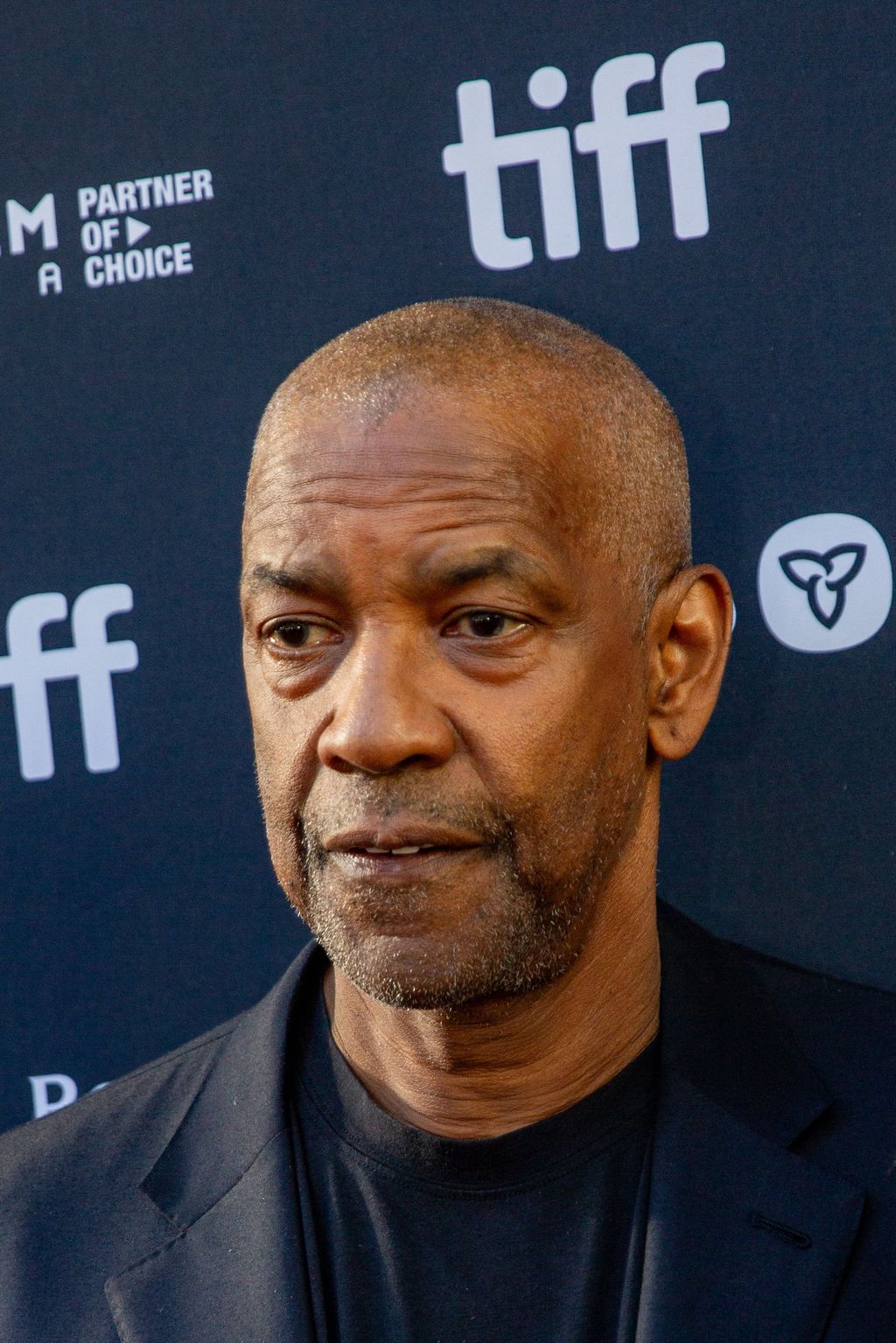
2. **Denzel Washington: For His Core Audience** Sometimes, an actor’s past experiences can profoundly shape their future decisions, especially when it comes to sensitive on-screen moments. For Denzel Washington, a pivotal moment in his career led him to request a significant alteration in the script for the 1993 film “The Pelican Brief,” in which he starred opposite the iconic Julia Roberts. What caused this change? A previous audience reaction that deeply resonated with him.
Back in 1989, Washington shared an interracial kiss with his co-star Mimi Rogers in “The Mighty Quinn.” During a screening, he heard loud boos from Black women in the audience, a reaction that left a lasting impression on him. This experience made him acutely aware of the importance of representation and how his roles were perceived by his most dedicated fanbase. As he told Newsweek in 2002, “Black women are not often seen as objects of desire on film. They have always been my core audience.”
Mindful of this, Washington decided to prioritize his audience and their perception. He requested that any scenes involving intimacy with Julia Roberts in “The Pelican Brief” be removed from the script. Interestingly, Roberts herself was reportedly open to the scenes and later joked, “Don’t I have a pulse? Of course I wanted to kiss Denzel. It was his idea to remove the damn scenes.” Washington’s decision showcases a thoughtful and progressive approach to his craft, choosing to remain mindful of his fanbase and representation during a time when such considerations were less common in Hollywood.
Read more about: Denzel Washington: A Storied Career of Cinematic Mastery, Enduring Influence, and Profound Dedication
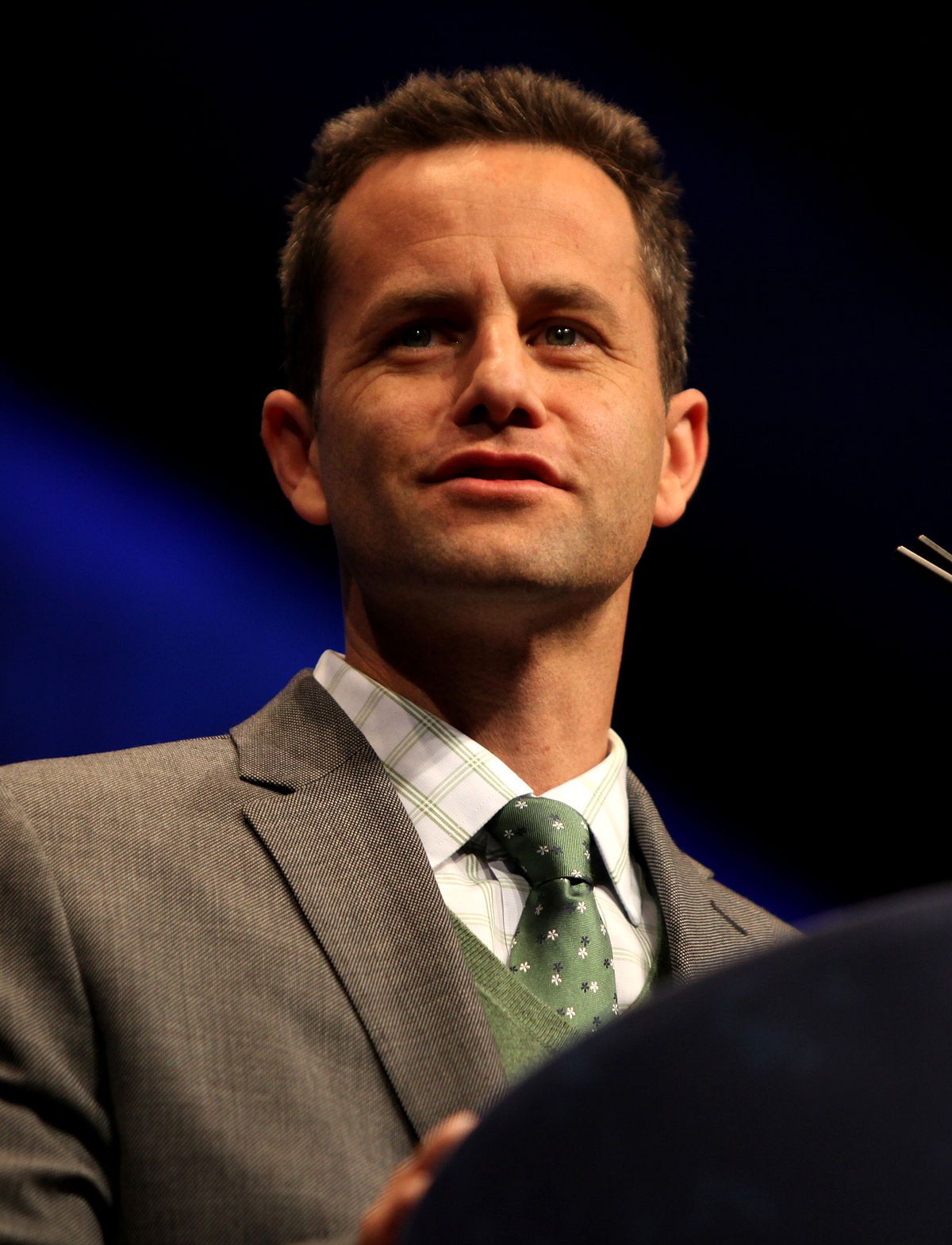
3. **Kirk Cameron: Upholding Marriage Ideals** For many actors, the lines between their personal lives and on-screen roles can blur, but for Kirk Cameron, maintaining a clear distinction is a sacred commitment. After marrying his “Growing Pains” co-star Chelsea Noble, Cameron made a profound vow: he would never kiss another woman, regardless of the demands of his acting roles. This commitment became a defining characteristic of his career, especially as he transitioned into more faith-based projects.
This strict personal rule came into sharp focus when it was time to film a love scene for the 2008 drama “Fireproof.” To honor his vow while still meeting the script’s requirements, the production team devised a creative solution. Instead of Cameron kissing another actress, his real-life wife, Chelsea Noble, was costumed as his on-screen love interest, and the scene was filmed in silhouette. This ingenious approach enabled the film to convey the necessary intimacy without compromising Cameron’s personal beliefs.
Cameron openly discussed his commitment on “Today” in 2008, emphasizing his dedication to upholding the ideals of marriage. He shared, “Marriage is a very special and sacred institution to us. In an era where marriage is disintegrating, we aim to produce movies and projects that truly uphold and hold in high regard that which is beautiful and wonderful in our culture.” His stance serves as a powerful testament to his faith and the significance he attaches to his marital vows, even in the demanding realm of entertainment.
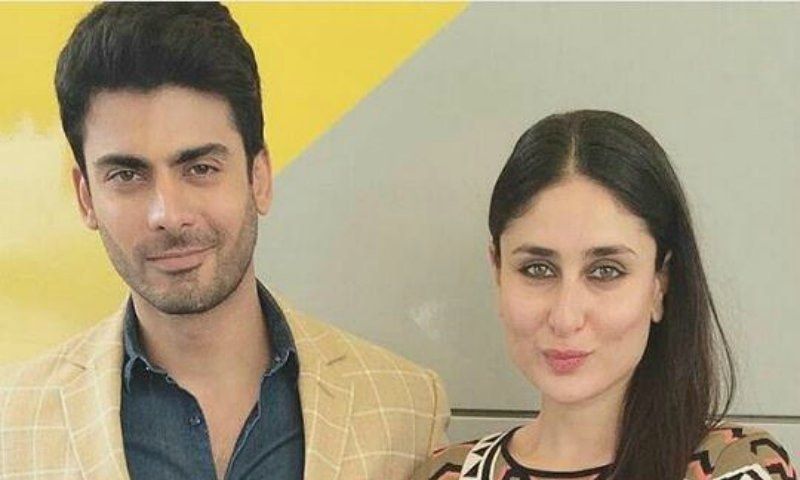
4. **Fawad Khan: Preserving Chastity and ‘Virgin Romance’** Pakistani heartthrob Fawad Khan has captivated audiences with his charismatic performances, but there is one aspect of on-screen intimacy he prefers to avoid: kissing. In the 2016 film “Kapoor & Sons,” Khan reportedly refused to kiss his co-star Alia Bhatt, a decision rooted in his personal commitment to maintaining his chastity. This stance underscores a cultural and personal conviction that many might find surprising in the context of mainstream cinema.
Alia Bhatt herself spoke about her experiences working with Khan, disclosing his discomfort during filming. According to the Deccan Chronicle, she recounted, “There was a kiss scheduled in the film with Fawad. When we filmed the scene, it was decided that we would perform a simulated kiss. Still, every time I approached his face, he would flinch. I had to repeatedly reassure him that I would not compromise his chastity.” This anecdote provides a vivid depiction of Khan’s firm boundaries and the extent to which the production team went to accommodate them.
Despite his refusal in this instance, Khan has not entirely ruled out on-screen intimacy for the future. He stated, “You never know. I never say never. I would rather follow an unpredictable path.” However, he clarified his preference for a different kind of romance: “Besides, I would never like to incorporate something titillating merely to add excitement and spice to a film. I rather favor the concept of innocent romance, conveying the couple’s feelings through words and gestures and leaving the rest to the audience’s imagination.” For now, his fans will have to appreciate his unique approach to love stories, where subtle gestures carry more weight than kisses.
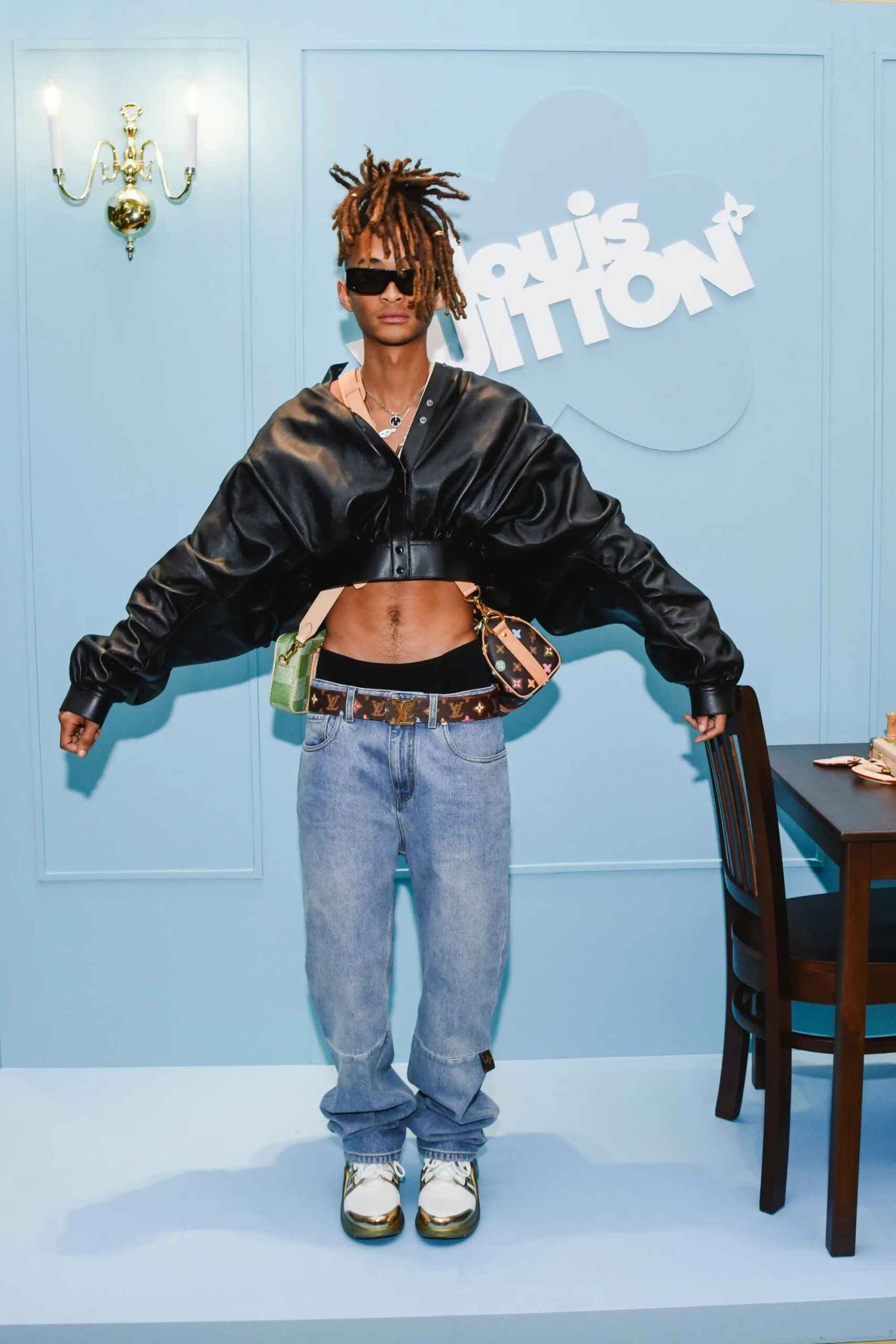
5. **Will Smith: A Lesson in Artistic Commitment** Before he ascended to the position of the undisputed king of summer blockbusters, Will Smith ventured into independent dramas, including the 1993 film “Six Degrees of Separation.” Inspired by a real-life con artist, Smith portrayed a character who infiltrates a wealthy Manhattan family. The role represented a significant artistic leap for him, a departure from his “Fresh Prince” persona, yet it also posed a challenge for which he was not fully prepared.
During a pivotal scene, Smith’s character was supposed to share a kiss with a male co-star, Anthony Michael Hall. However, at the last moment, Smith requested a stand-in to replace him. He later admitted to Entertainment Weekly that this decision was a source of significant regret and a valuable lesson in artistic commitment. “It was very immature on my part,” he confessed, reflecting on his mindset at the time. “I was thinking, ‘How will my friends in Philly perceive this?'”
Smith candidly acknowledged that he “was not emotionally stable enough to make a full artistic commitment to that aspect of the film.” The director, Fred Schepisi, was reportedly enraged and had to improvise by shooting the scene from behind to conceal Smith’s simulated kiss. This moment, though regrettable for Smith at the time, became a pivotal learning experience. He realized that in a film featuring actors and a director of such caliber, his reluctance to fully commit introduced a “cheesy” element to the production. This early career decision ultimately taught him the importance of embracing all facets of a role, paving the way for his future artistic development.
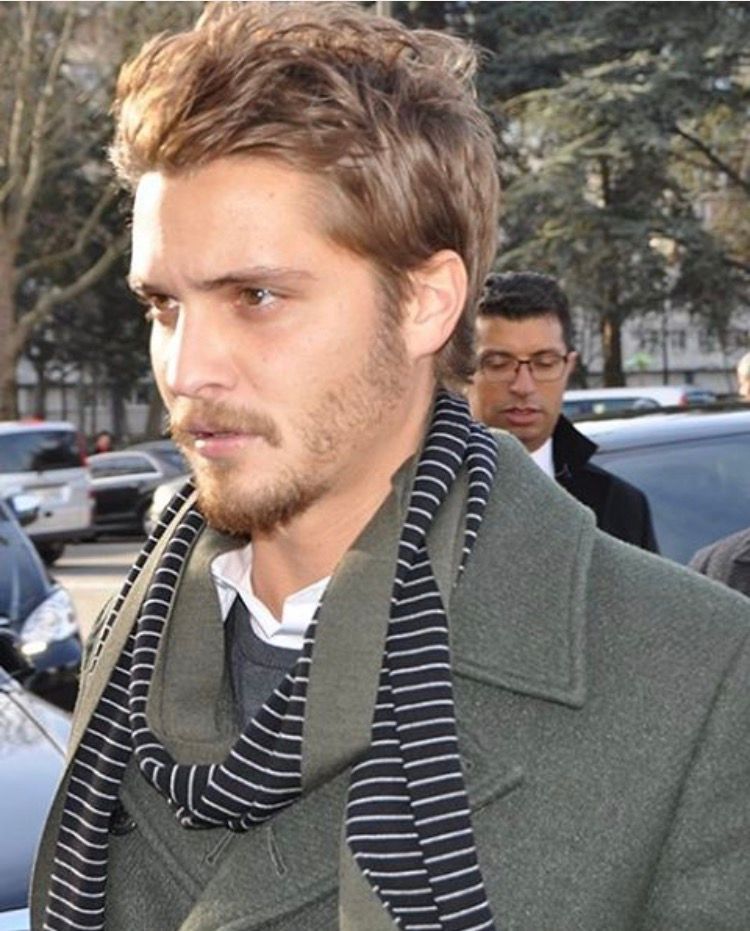
6. **Luke Grimes: Creative Differences and Character Integrity** Luke Grimes, renowned for his roles in “Yellowstone” and “Fifty Shades of Grey,” found himself at the epicenter of a casting controversy during his tenure on HBO’s critically acclaimed vampire drama “True Blood.” Initially cast as James Kent, a vampire love interest for Deborah Ann Woll’s Jessica, his character was poised to embark on a new romantic trajectory in the seventh season: a relationship with a male character, Lafayette Reynolds.
However, when the final season premiered, Nathan Parsons had assumed the role of James in lieu of Grimes. Initially, Grimes’ publicist attributed his departure to “scheduling conflicts,” suggesting a pre-existing agreement to pursue other projects. Yet, the network subsequently elucidated the reason as “the creative direction of the character,” alluding to more profound disagreements. According to a report from BuzzFeed, the underlying cause of Grimes’ exit was his reluctance to portray a gay character.
Sources indicated that Grimes would have continued his role on the show if the scripts had been revised to depict the attraction as unilateral and devoid of any physical or emotional culmination in the relationship. However, the writers declined to make these modifications, resulting in his departure. His former co-star, Nelsan Ellis, who portrayed Lafayette, openly denounced Grimes’ decision, stating, “I cannot approach a character with judgment… I certainly cannot inform my boss, ‘I can perform only what I desire to perform, not what you instruct me to perform,’ especially on a show where you are well aware of its nature upon joining.” This situation underscores a complex convergence of actor preference, character development, and the evolving landscape of on-screen representation.
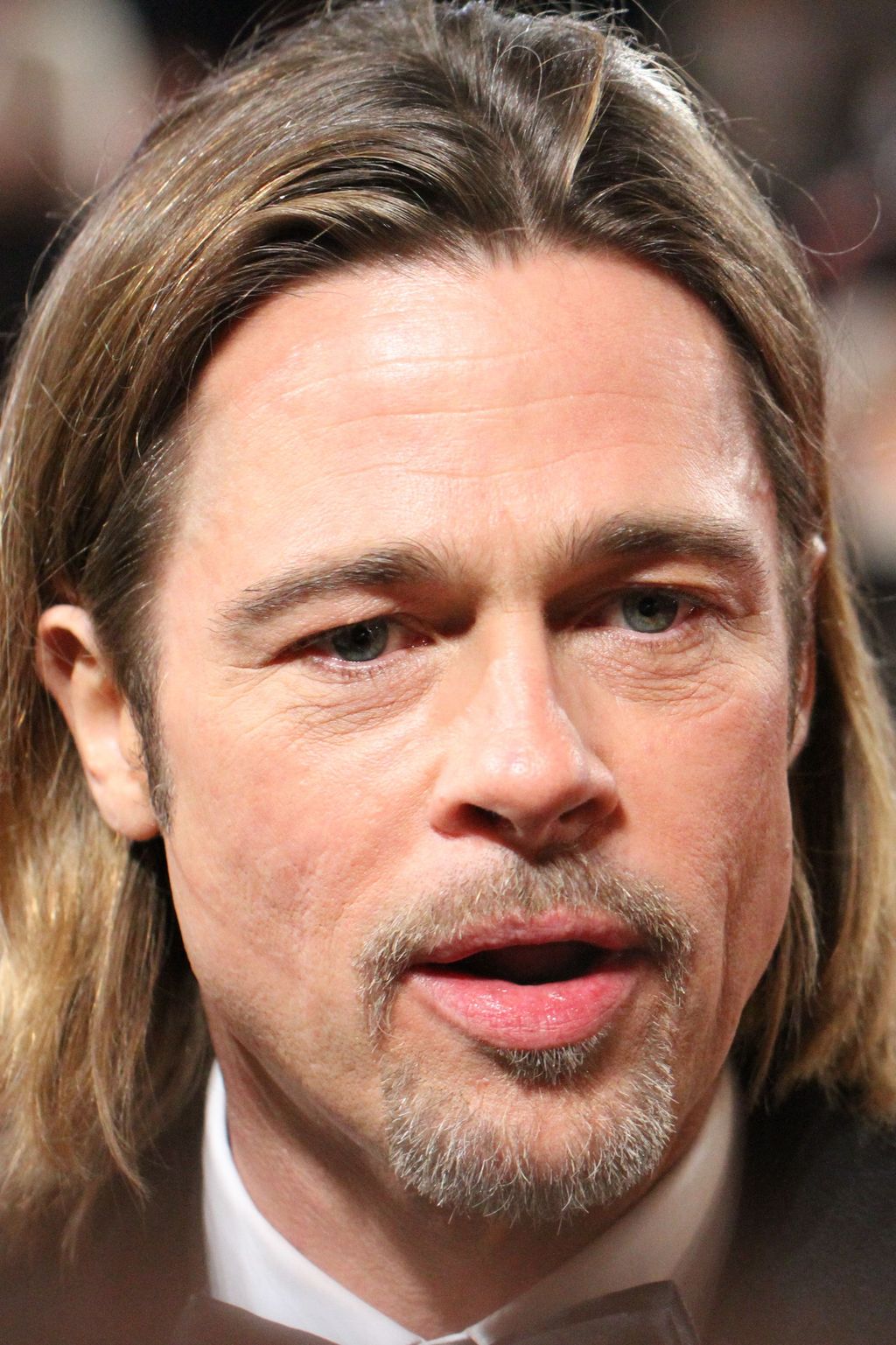
7. **Brad Pitt: Love in the Time of On-Screen Kisses** Even Hollywood’s golden couples may find that their real-life romance occasionally gives rise to an intriguing complication on set, and that is precisely what transpired with Brad Pitt during the filming of David Fincher’s 2008 epic, “The Curious Case of Benjamin Button.” This sweeping romance, loosely inspired by F. Scott Fitzgerald’s imaginative short story, revolved around Pitt’s character, Benjamin, a man who ages backward in a unique manner. His profound love story with Cate Blanchett’s character, the ballet dancer Daisy, was intended to be the core of the film, tracing their unconventional odyssey through time and physical transformation.
However, beneath the fantastical narrative, a very human, real-life romantic involvement briefly posed a subtle challenge on set. Reports circulated indicating that Brad Pitt initially exhibited reluctance to share a kiss with his co-star, Cate Blanchett. The reason? He was, by all accounts, utterly and completely enamored with his then-partner, Angelina Jolie. This profound off-screen devotion reportedly rendered the notion of an intimate on-screen moment with another actress somewhat… well, a bit odd. Cate Blanchett, with her characteristic humor, even publicly jestingly referenced the situation in a 2009 interview, playfully telling The Telegraph, “Honestly, to witness how deeply in love with Angelina he is, it was truly quite repulsive. Awful, in fact.” It merely serves to illustrate how personal affections can occasionally spill over into professional realms, adding an unexpected layer of complexity to the acting process.
Thankfully, the film’s visionary director, David Fincher, succeeded in managing these delicate real-life emotions, ensuring that Benjamin Button and Daisy Fuller ultimately shared their pivotal cinematic kiss. The scene was vital to their evolving love story, portraying a moment when their physical ages finally coincided. Despite the initial hesitation, the performance was executed, enabling the on-screen romance to flourish as intended. Blanchett, clearly not one to let a good jest pass, lightheartedly remarked, “It’s now stipulated in my contract: I shall never work with him again,” underscoring how memorable that particular behind-the-scenes anecdote was. It is a charming Hollywood tale that reminds us that sometimes, even the biggest stars bring the complexities of their hearts to the silver screen, proving that love—both on and off-screen—can be wonderfully unpredictable.

8. **Jennifer Lawrence: Dutch Courage for a Difficult Scene** Jennifer Lawrence, a star known for her refreshingly honest and relatable persona, has certainly had her share of memorable, and sometimes challenging, on-screen kisses. While she has famously shared lip-locks with co-stars like Josh Hutcherson, whom she humorously described as a “mess” during a kiss in The Hunger Games: Catching Fire, it was her experience with Chris Pratt in the 2016 sci-fi romance Passengers that truly pulled back the curtain on the emotional toll such scenes can take. In the film, Lawrence and Pratt portrayed star-crossed lovers on an epic voyage through space, facing dangers that threatened their very existence. Yet, ironically, it was a seemingly simple kissing scene that presented Lawrence with her biggest personal hurdle.
During a candid roundtable interview with The Hollywood Reporter, Lawrence openly revealed the significant anxiety and emotional turmoil she felt both before and after filming the intimate scene with Pratt. Her discomfort was not due to a lack of professional chemistry or acting ability; instead, it stemmed from the deeply personal fact that Pratt was a married man. “I got really, really drunk,” she confessed, explaining her attempt to ease her nerves before the take. However, this did not alleviate the underlying stress. “But then that led to more anxiety when I got home because I was like, ‘What have I done? I don’t know.’ And he was married. And it was going to be my first time kissing a married man, and guilt is the worst feeling in your stomach.” This level of raw honesty from a leading actress offers a rare glimpse into the vulnerability often hidden behind the glamour of Hollywood.
Despite knowing that performing such a scene was fundamentally part of her job, Lawrence found it incredibly difficult to reconcile her professional duties with her personal ethics. “I knew it was my job, but I couldn’t tell my stomach that,” she elaborated, even admitting to calling her mother for reassurance. Her profound discomfort underscores that even for seasoned actors, the line between character and self can blur, especially during intimate moments. “It was just very vulnerable,” she added, reflecting on the challenge of portraying genuine romance while navigating personal boundaries. This incident serves as a powerful testament to the emotional demands of acting, illustrating that sometimes, the most authentic performances require not just talent, but immense personal courage to face internal conflicts head-on, leading to moments of profound vulnerability for the audience to witness.
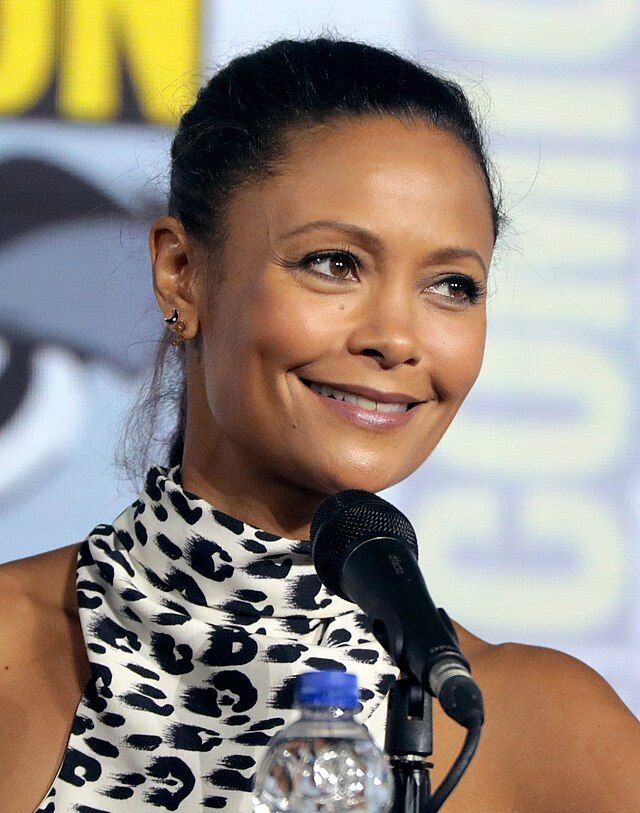
9. **Thandiwe Newton: When a Cold Calls for Creativity** Imagine preparing for a highly anticipated romantic scene with your co-star, only to discover that they have come down with a nasty, contagious cold. For Thandiwe Newton, this wasn’t just a hypothetical scenario; it was her reality while filming Guy Ritchie’s 2008 crime thriller RocknRolla. Newton and Gerard Butler were cast as compelling love interests, and audiences would undoubtedly expect some intense on-screen chemistry, perhaps culminating in a passionate embrace. However, fate (and a particularly persistent virus) had other plans, as Butler became quite ill just when their intimate scenes were scheduled.
Newton confirmed the unfortunate circumstances to Newshub, stating simply, “Gerry was very unwell indeed.” Faced with the very real risk of catching his illness, Newton made a firm, practical decision: “So I wouldn’t kiss him.” This refusal, while entirely reasonable from a health perspective, immediately presented director Guy Ritchie with an unexpected challenge. How do you convey the required intimacy and connection when your leading actors can’t physically interact as scripted? Butler, for his part, even recalled a humorous, albeit unsuccessful, attempt to get well, mentioning that Ritchie’s then-wife, Madonna, tried to help him with a “vitamin shot” in his posterior – though he admitted it didn’t quite do the trick.
Despite Butler’s best efforts to recover, he remained quite sick, forcing Ritchie to think quickly and creatively to work around the lack of a direct kiss. Newton remembered, “I don’t know how he coped with those problems, but it ended up being one of the most brilliant scenes.” This situation is a fantastic example of how unforeseen real-world issues, like a co-star’s illness, can force filmmakers to pivot and innovate, often leading to ingenious and even more effective cinematic solutions than originally planned. It underscores the adaptability required on a film set, demonstrating that sometimes, the most memorable on-screen moments are born directly out of practical limitations, transforming a potential snag into a stroke of creative genius.
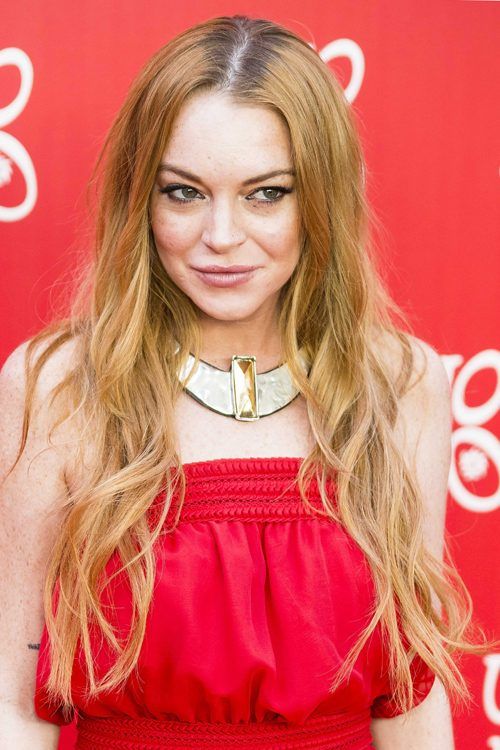
10. **Lindsay Lohan: Navigating Past Reputations and Unexpected Friendships** The early 2010s were a fascinating time for celebrity tabloids, largely fueled by the consistent headlines generated by Charlie Sheen and Lindsay Lohan. Recognizing their undeniable star power and public interest, the team behind the 2013 horror spoof Scary Movie 5 made a clever move: they cast both actors to play themselves, a meta – commentary that promised comedic gold. However, when it came time to shoot their on – screen interactions, Lohan reportedly expressed significant reservations about engaging in any kissing scenes with Sheen. Her discomfort was rooted in a very public and widely – known issue: Sheen’s “wild partying past,” a reputation that made her understandably wary of close physical contact.
According to a report from TMZ, Lohan had clearly communicated her concerns to the film’s producers well in advance of the scheduled shoot. Despite her explicit request, the script reportedly was not officially altered until the very last minute, perhaps indicating that the production hoped Lohan might change her mind or be pressured into proceeding. However, when filming commenced, Lohan stood firm on her decision. To bypass the intimate scenes, a body double was promptly brought in for the few remaining kissing moments, and other parts of the script were entirely rewritten to minimize or eliminate the need for direct physical intimacy between the two stars. This adaptability showcases the lengths to which productions will go to accommodate actor comfort, especially when dealing with high – profile talent.
What makes this particular refusal even more intriguing is what happened afterward. Despite the initial awkwardness on set, Lohan reportedly began to feel a sense of regret and even attempted to reach out to Sheen to apologize, though her phone breaking temporarily hindered her efforts. Remarkably, Sheen, who appeared to have no hard feelings about the script changes, responded with an incredibly generous gesture: he famously gifted Lohan a substantial sum of $100,000 to assist with her lingering tax debt in 2012. This surprising turn of events highlights that even in Hollywood, professional boundaries can lead to unexpected personal connections. It’s a compelling narrative where an actor’s public perception directly influenced intimate scenes, leading to a unique, albeit initially awkward, friendship born out of mutual understanding and surprising generosity.
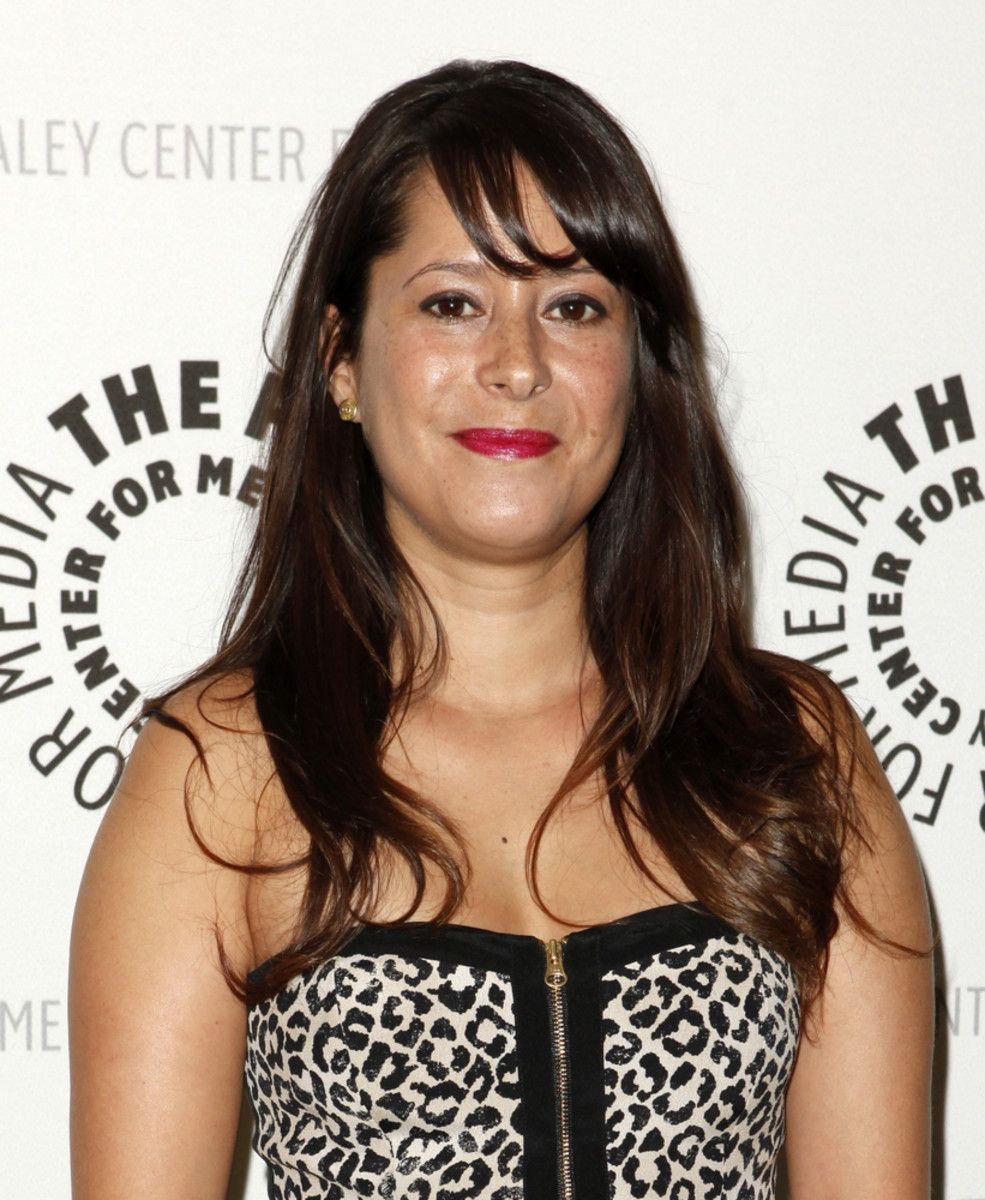
11. **Kimberly McCullough: A Young Actor’s Courageous Stand** This final story is a truly impactful and sobering reminder of the complex and sometimes uncomfortable situations young actors, especially minors, can face on a film set, and the immense courage it takes to advocate for oneself. When Kimberly McCullough was just 14 years old, navigating the demanding world of General Hospital, she was scheduled for what was described as an “intense kiss” with another character. Having only experienced one on – screen kiss prior, she was understandably already feeling a significant amount of nervousness and apprehension about the scene.
The situation, already daunting for a teenager, dramatically intensified upon her arrival on set. McCullough discovered that her scene partner for this intimate moment would not be another young actor, but rather a 22 – year – old man. This age disparity immediately raised red flags. To compound the discomfort and make matters even more egregious, during rehearsals, this adult actor reportedly made a deeply inappropriate joke to other male cast members about having condoms ready for a “date” with the teen. McCullough, recalling the incident on her website, powerfully described the scene as feeling “dangerous and wrong,” a sentiment that resonates deeply given the circumstances.
Despite the clear ethical violations and her profound unease, McCullough initially grappled with immense fear about speaking out. She worried intensely about being unfairly labeled “difficult” or, even worse, jeopardizing her job on the long – running soap opera. However, when the moment arrived to shoot the scene for real, despite her internal conflict and the pressure of the entire crew watching, she found remarkable strength. She courageously stood her ground and flatly refused to perform the kiss as originally scripted. Instead, thanks to her bravery, the scene concluded with a simple, appropriate kiss on the cheek. While McCullough referred to it as a “small victory,” it was a monumental act of self – advocacy and a crucial triumph for setting boundaries, underscoring the vital importance of protecting young performers in the entertainment industry.
So, there you have it! From deeply personal convictions to unexpected on – set illnesses, emotional anxieties, and even confronting inappropriate behavior, these captivating stories offer a rare and honest glimpse behind Hollywood’s curtain. They reveal the surprising, sometimes uncomfortable, and always human reasons why some on – screen kisses never came to be. It’s a fascinating testament to the human element embedded within the magic of moviemaking, proving that even in the world of make – believe, personal boundaries and core beliefs always command the stage. After all, sometimes, the most compelling drama in filmmaking unfolds long before the camera even begins to roll!

